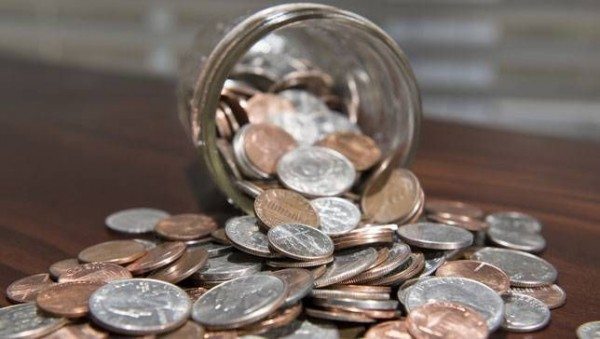
How To Save Money
From big to small, when you’re trying to save money, every little bit helps. Return-on-investment is important no matter the size of the investment, so finding particularly clever ways to save you money can really add up.
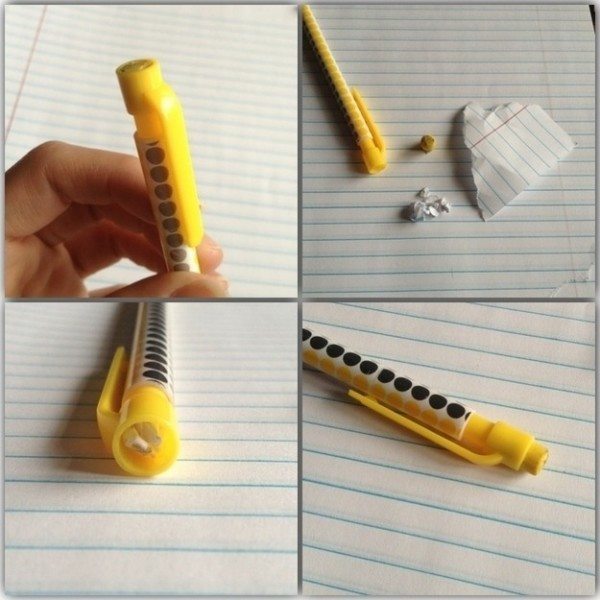
Eraser Saver – The little things add up. For instance, if you happen to shuffle through a lot of mechanical pencils, often simply because the eraser has been worn down, this little trick will extend each pencil’s life significantly.

Money Jar(s) – One money-saving trick may include tricking yourself. Again, small things can add up to big things. While a few coins at the bottom of your pocket barely catches your notice, imagine yourself saving every loose cent you see floating around – by designating a few change jars placed at strategic points throughout your house. In no time at all, that growing pile of coins will convince you that all those small things – added together – certainly can become something very great, indeed.
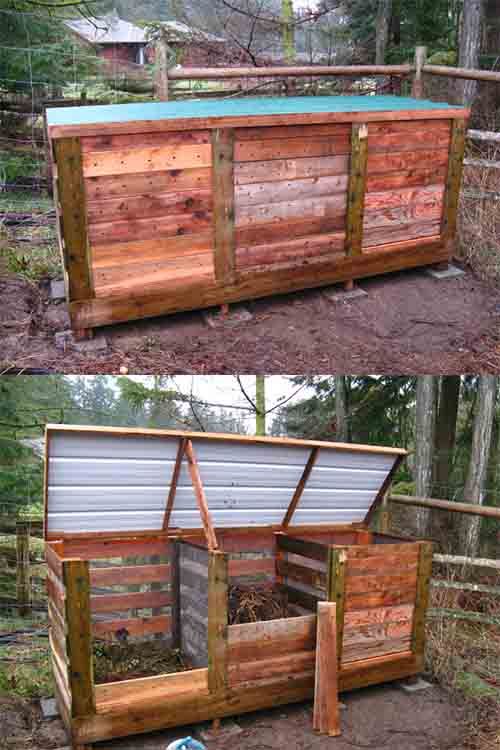
Start a compost – If you’re at all into backyard gardening, there is little reason not to have a compost as well. Not only will you reduce your overall household waste, but composting allows you to turn what was once garbage into dense, nutrient-packed soil, which, at the very least, saves you trips (and gas) to the garden shop for bags of the stuff. Be cautious, however, of what you actually you put into your compost – decomposing any animal products require much more care than composts composed exclusively of vegetable matter. Do your homework first.
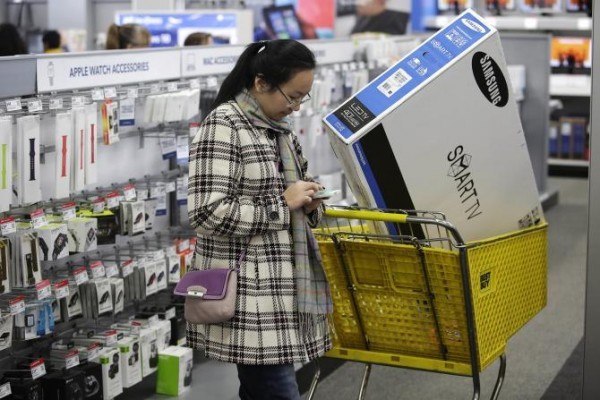
Planning ahead means buying ahead – Buying things ‘out-of-season’ is a perfect way to use to your advantage your ability to see beyond the overnight weather forecast. For instance, did you know that February is the best time to pick up an HD-TV? But, why is that? The new models role in at that time, so retailers are looking to liquidate. Lend them a hand, and pick up a pretty nice TV to boot. Like thinking ahead, buying ahead puts you ahead of the game.
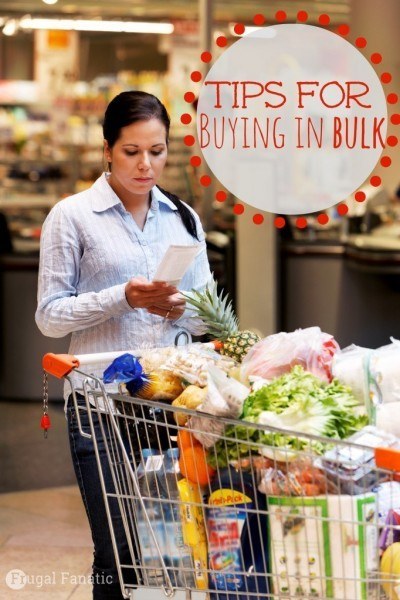
Buy In Bulk – While it’s great to know when to buy, knowing how much to buy could be even more advantageous. Most often used for food shopping, primarily because of the cost and frequency of eating, buying a lot of the stuff you like to eat can save you bigtime. However, bulk buying carries with it an unseen danger – what if you cannot consume all that you’ve purchased? That’s where thinking ahead comes in. Buying a lot of perishable foods will most certainly mean dividing it up and properly storing it. Buy some airtight containers and freezer bags in which to store the food, allowing you more breathing room for, say, a 20-pound poultry purchase.

+ There are no comments
Add yours